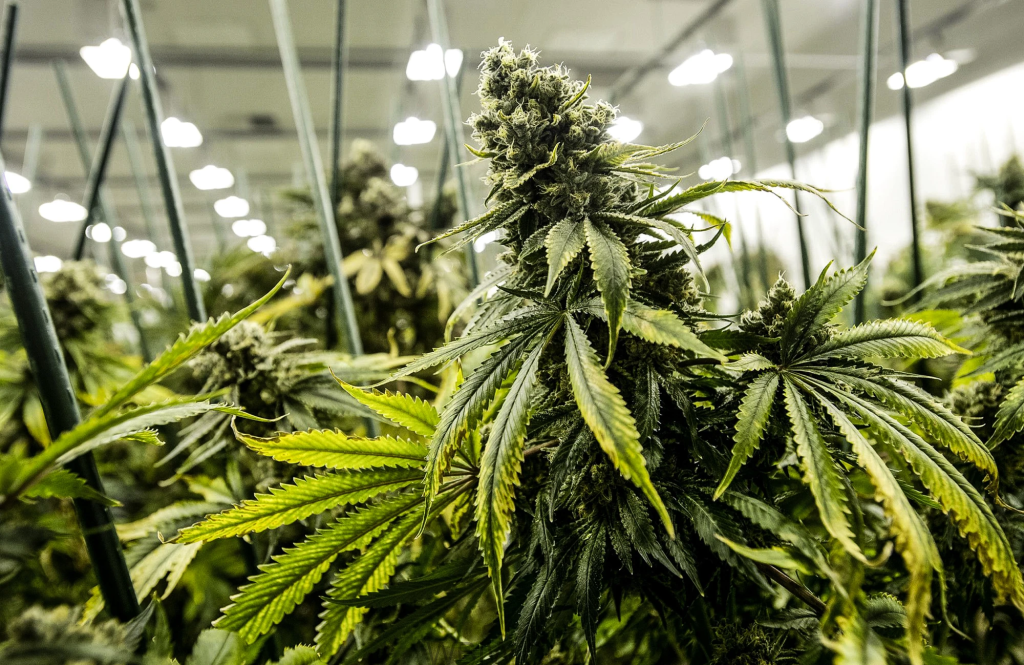
WASHINGTON — The Department of Health and Human Services is formally recommending that the Drug Enforcement Administration ease government restrictions on marijuana, which remains illegal at the federal level even though 40 states allow its use in some form.

Indiana is not one of the states that have jumped on the marijuana legalization bandwagon, so leave your hash at home. Neither medical nor recreational use is allowed. A low-level possession charge is a class B misdemeanor possibly leading up to 180 days in jail and a $1,000 fine.
This recommendation comes 11 months after President Joe Biden ordered the top health agency to conduct a review of the drug.
A DEA spokesperson said: “We can confirm DEA received a letter from the Department of Health and Human Services providing its findings and recommendation on marijuana scheduling, pursuant to President Biden’s request for a review.”

White House Press Secretary Karine Jean-Pierre said the review “is an independent process” that is led by HHS and the Department of Justice.

She added, that President Biden currently stands on the issue of decriminalizing marijuana at the federal level – “We’re going to let that process move forward.”
Marijuana legalization advocates said for the first time, the federal government is formally recognizing cannabis’ medical contributions.

The Cannabis Industry Association on Wednesday said that while the recommended reclassification would be historic, more should be done to align federal law with states where marijuana is legal.
“The only way to fully resolve the myriad of issues stemming from the federal conflict with state law is to remove cannabis from the Controlled Substances Act and regulate the product in a manner similar to alcohol,” said CEO Aaron Smith in a statement.
The cannabis industry is facing unprecedented challenges. People are losing money as an oversupply of products, labor shortages, supply chain disruptions and higher costs for key components like fertilizer, building materials, and packaging are forcing companies to streamline operations as much as possible. Meanwhile, crushing regulatory environments and tax structures far more costly than any other industry continues to make finding financial success in cannabis very difficult.
Extreme taxation mandate Section 280E of the Internal Revenue Code effectively doubles or triples what cannabis business owners pay compared to small businesses in other industries. It creates an environment where some deep-pocketed companies can survive while all too many independent and craft operators are forced to close, added Smith.



